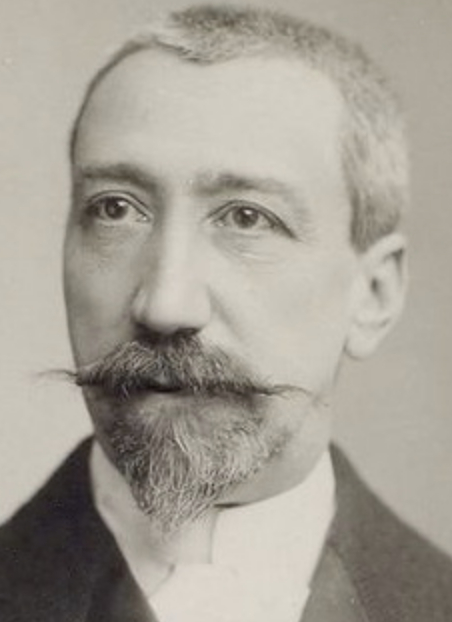On this date in 1844, Anatole France (né François-Anatole Thibault) was born in Paris. A lifelong atheist, France was known for his anti-clericalism. France was a journalist, poet and writer whose breakthrough novel, The Crime of Sylvestre Bonnard (1881) centered around a skeptical scholar, perhaps modeled after the author himself. It was awarded a prize from the French Academy. France’s style, dry and ironic, was modeled in part on Voltaire and influenced by the French Enlightenment.
In 1905 he wrote a critical treatise, The Church and the Republic, which was instrumental in the campaign to disestablish the Catholic Church as the state religion. He served as an honorary president of the French National Association of Freethinkers. Penguin Island (1908) is France’s irreverent tale about a nearsighted abbot who baptizes penguins by mistake. In The Revolt of Angels (1914), France revisits Milton’s “Paradise Lost.” France depicted an angel leading a revolt after being influenced by the writings of Lucretius. With other writers, France came to the defense of Alfred Dreyfus, a Jewish captain falsely indicted for treason, and was a voice for reform.
His collection of aphorisms is called The Garden of Epicurus. France was awarded the Nobel Prize in Literature in 1921 “in recognition of his brilliant literary achievements, characterized as they are by a nobility of style, a profound human sympathy, grace, and a true Gallic temperament.” D. 1924.

